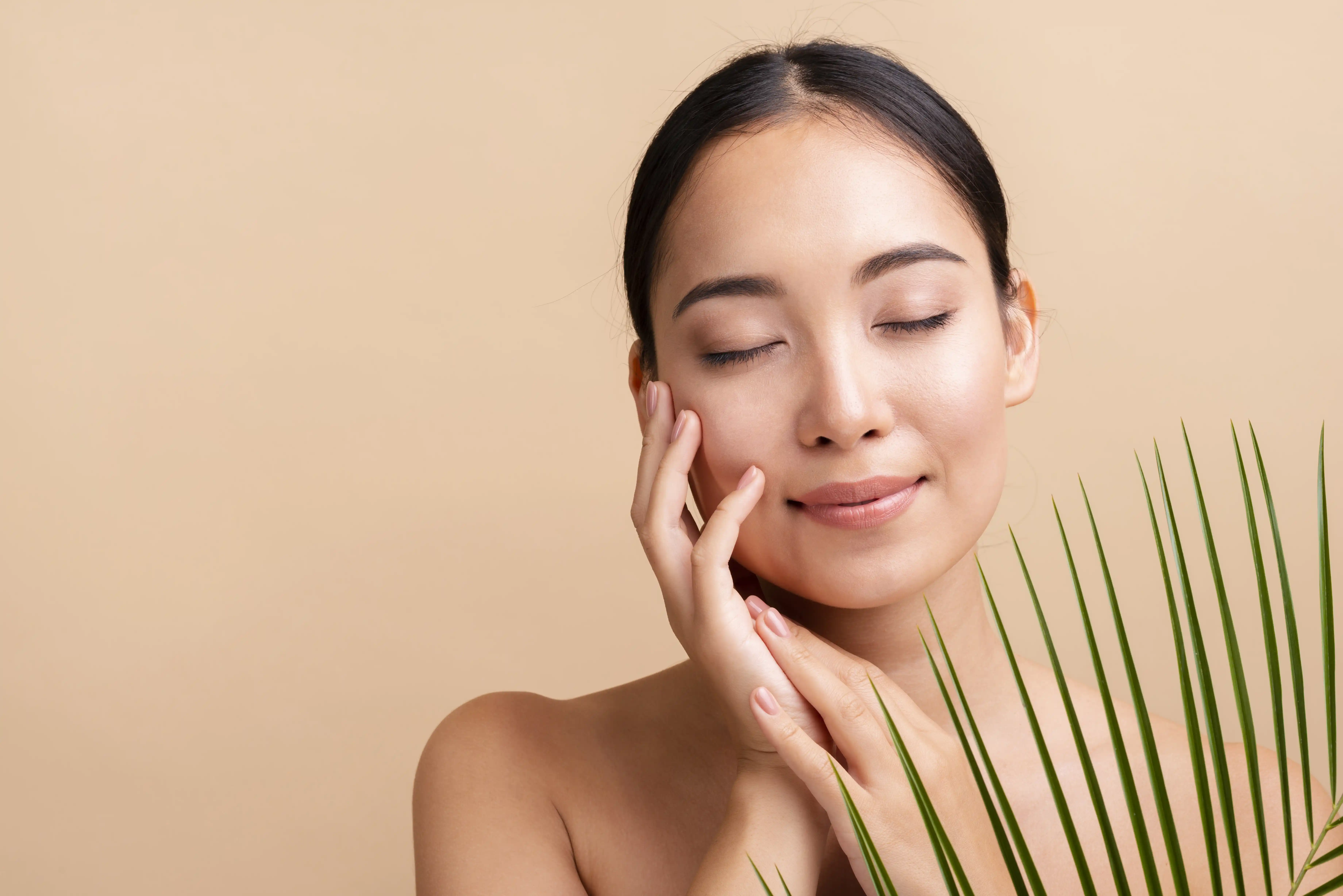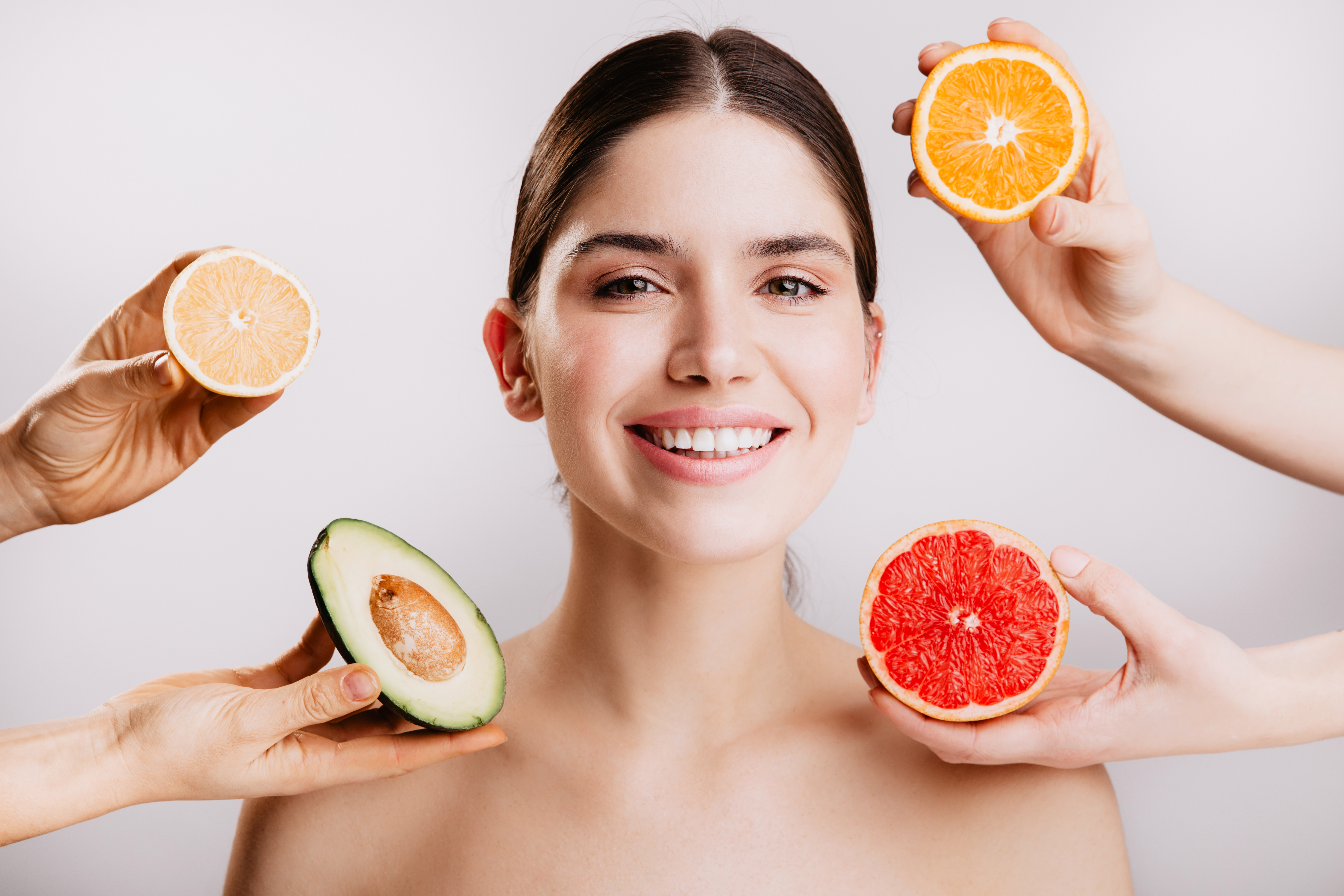

Our skin is the body's largest organ. Its functions include protecting us from infection, regulating our body temperature and enabling us to feel the presence of heat, cold, pain, soft touch, vibration, and pressure through its nerve endings. Taking proper care of our skin is paramount if we are to live our lives without skin issues which usually show up due to neglect.
Other than being uncomfortable, skin problems can be a social stigma, especially if they show up on exposed areas of the body, such as our face, neck, arms, or legs. The common skin problems that most people experience include eczema, psoriasis, acne, skin Infection skin ageing and even skin cancer. Many of these skin issues that people have could have been self-inflicted. Some of the reasons why skin issues arise may include using thick/ comedogenic moisturizer on their oily face or using a very drying/ irritant cleanser for their dry face; going under the sun to get more vitamin D; bathing in hot water or going to hot springs thinking of killing germs but ending up getting eczema and so on.
Another factor many people neglect when it comes to their skin health is the importance of nutrition, which is the foundation of our lives and therefore also for our skin. Like the trees that require nutrients and water in the soil, our skin also requires nutrients and hydration. Water is important in maintaining tissue function, as a transportation carrier and for regulating our body temperature. Trace elements, for example, zinc and copper, are important for functions such as immunity, synthesis and the stabilization of skin protein and the building of new blood vessels.

Lack of vitamins also leads to skin diseases. For example, a lack of vitamin C leads to scurvy which presents with bruises. However, too much of one thing is not good for your health as well. Just taking your regular fruits will keep your doctors away rather than going for Vitamin C injections which may harm you. Protein is another important nutrient for our skin. Protein is important for skin immunity and tissue repair. Patients with extensive psoriasis can also have low protein in their blood because of excessive skin shedding.
I always tell my patients that they need to protect themselves from ultraviolet exposure. If I just tell them about sun exposure, they will perceive that they have minimal sun exposure simply because they associate sun with heat. For them, if it’s not hot, there is no sun over-exposure, which is not true. We get UV exposure even by just staying indoors because UV can penetrate through glass windows. The DNA and RNA in our skin will absorb UV radiation and cause mutation and affect cellular protein synthesis. Accumulation of these unrepaired mutations may cause photoaging in the skin and worse still, skin cancer.

So, take better care of your skin by adhering to the following tips:
Written by
Consultant Dermatologist
Gleneagles Hospital Kuala Lumpur
*This article was first published on Natural Health Vol. 118

Wait a minute

Wait a minute